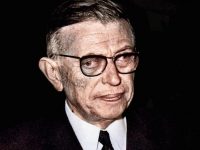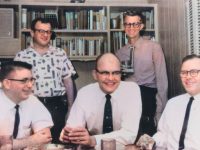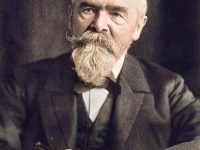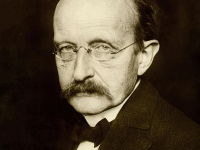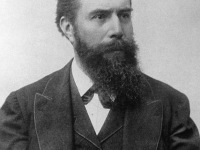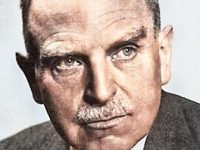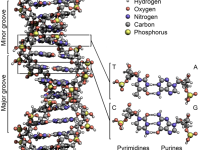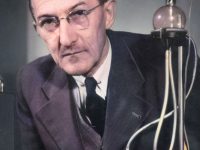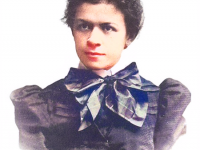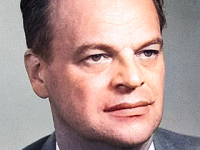A Writer should not Allow Himself to be Turned into an Institution – Jean-Paul Sartre
Jean-Paul Sartre was born on June 21, 1905 in Paris and has become one of the most influential French philosophers, playwrights, novelists, screenwriters, political activists, biographers, and literary critics of his age. He was one of the key figures in the philosophy of existentialism, and one of the leading figures in 20th century French philosophy as well as Marxism. He also significantly influenced other scientific disciplines such as sociology, critical theory, post-colonial theory, and…
Read more

